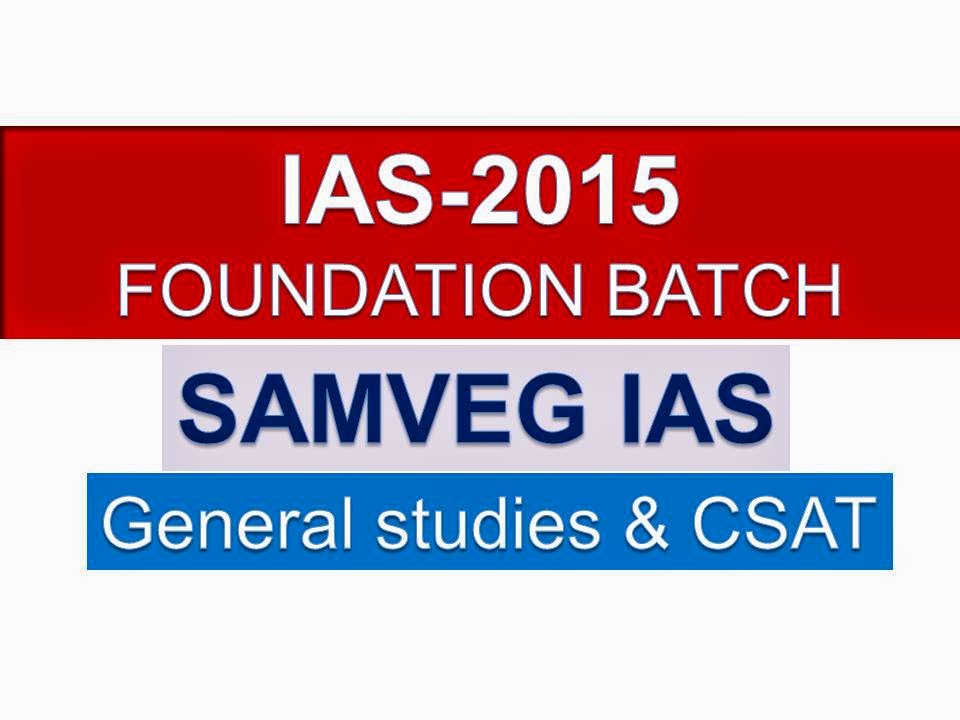Thirteen years after the human genome was sequenced, two research groups have independently mapped the extent to which cells in various organs in the body turn many thousands of genes into proteins.
From bacteria to humans, genes are made up of units of DNA, called base pairs. The sequence of base pairs in genes tell a cell's molecular machinery what proteins to produce. Ultimately, it is the proteins that carry out a myriad processes essential for life.
Once the over three billion base pairs that make up the human genome were sequenced, analysis of that data indicated that there are about 20,000 protein-coding genes.
In a paper just published in Nature, an international team of scientists led by Akhilesh Pandey of the Johns Hopkins University in the U.S and Harsha Gowda at the Institute of Bioinformatics in Bangalore has drawn up a draft map of proteins produced from 17,294 genes.
There was evidence for proteins coming from 18,097 human genes, reported Bernhard Kuster of Technische Universitaet Muenchen in Germany and his colleagues in a separate paper published in the same issue of the journal.
The two papers marked a “major advance”, providing comprehensive data about proteins expressed in different human tissues, commented R. Nagaraj of the Centre for Cellular & Molecular Biology in Hyderabad, who was not involved in either study.
Dr. Pandey and his colleagues examined proteins produced by normal cells in 30 tissue samples, adult and foetal as well as those found in blood. They found 'housekeeping proteins' from 2,350 genes that were produced in all tissues. On the other hand, proteins from 1,537 genes turned up in only one of the tissues. A number of proteins were expressed only during foetal development.
“The driving impetus for our work was to develop a reference of what is normal for human organs and cells,” said Dr. Pandey in an email. This information could provide clues to biologists seeking to elucidate the function of individual proteins. In addition, knowledge about organ-specific proteins could be used for detection of diseases arising in those organs.
“The day may not be too far when people have their protein profiles mapped, much like [personal] genome sequencing we have today. This could help us diagnose more diseases and diagnose diseases better too,” said Dr. Satish Chandra, Director of NIMHANS and a coauthor of the paper at a press conference in Bangalore.
In their paper, the researchers reported detecting proteins from 193 regions in the human genome that generally would not be expected to produce any, including genes considered dysfunctional. This suggested that “we do not yet have a thorough understanding of how our own genome works,” remarked Dr. Pandey.
Although proteins from about 84 per cent of all human genes had been found, those from the remaining genes may have eluded detection, remarked Dr. Gowda, a Wellcome Trust-DBT India Alliance Fellow. This could have occurred if the proteins were expressed in tissues or organs that had not been sampled. Alternatively, they might be expressed at very low levels, requiring special techniques to track down.
A large number of scientists at the Institute of Bioinformatics, a non-profit research organisation founded and headed by Dr. Pandey, contributed to the study. Researchers at the Postgraduate Institute of Medical Education & Research in Chandigarh, the Armed Forces Medical College in Pune and the National Institute of Mental Health and Neuro Sciences in Bangalore also participated.
In the other Nature paper, Dr. Kuster and his colleagues catalogued the proteins found in various human tissues, cell lines and body fluids. They found that approximately 10,000-12,000 proteins were ubiquitously expressed.
Hundreds of genes described in the human genome “apparently do not code for protein any more,” observed Dr. Kuster. One example was a family of proteins, involving some 800 genes, that are important for sensing smell and taste. But proteins could not be found from more than half of those genes.
“Our interpretation of that is that perhaps modern humans don't rely so much on their sense of smell and taste as we used to a long time ago. Therefore, evolution essentially gets rid of those surplus genes at some point,” he told this correspondent.
On the other hand, there were parts of the genome that had not been associated with protein-coding potential but for which proteins turned up. “So this could be a new playing ground, if you like, where nature tries out new proteins and we don't necessarily know what they do yet,” he remarked.

